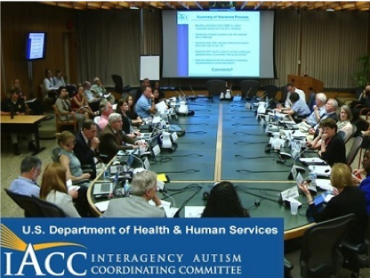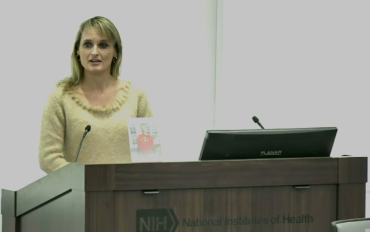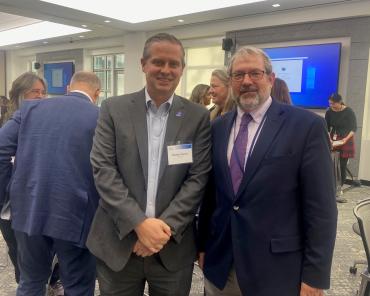Interagency Autism Coordinating Committee
The Interagency Autism Coordinating Committee (IACC) is a federal advisory committee authorized by the Autism CARES Act and tasked with coordinating federal efforts and providing advice to the Secretary of Health and Human Services on issues related to autism spectrum disorder (ASD).
The IACC fosters a collective approach to understanding and supporting individuals on the autism spectrum. Since its inception, the IACC has played a pivotal role in shaping policies, advancing research, and amplifying the voices of those affected by autism.
Facilitating Collaboration Across Agencies
One of the defining responsibilities of the IACC is to bring together representatives from various federal agencies, ensuring a multidisciplinary and comprehensive approach to addressing the challenges associated with autism spectrum disorders. By fostering collaboration among agencies such as the National Institutes of Health (NIH), the Centers for Disease Control and Prevention (CDC), and the Department of Education, the IACC creates a unified front in the pursuit of advancements in research, services, and policy.
The committee includes federal agency representatives from the National Institutes of Health, Substance Abuse and Mental Health Services Administration, U.S. Department of Justice, Administration for Community Living, U.S. Department of Housing and Urban Development, Social Security Administration, U.S. Department of Education, U.S. Department of Labor and more.
Strategic Planning and Implementation
The IACC plays a crucial role in developing and updating the national strategic plan for autism research. This plan not only guides the priorities of federal agencies but also serves as a roadmap for the broader research community. Through meticulous planning and coordination, the IACC helps channel resources toward initiatives that have the potential to yield significant breakthroughs in understanding the complexities of autism and improving the lives of individuals on the spectrum.
Some of its previous publications and reports include:
- 2022 HHS Report to Congress on Supportive Services for Individuals with Autism
- 2021-2023 IACC Strategic Plan For Autism Research, Services, and Policy
Advocacy and Stakeholder Engagement
Inclusivity lies at the heart of the IACC's impact. The committee actively engages stakeholders from diverse backgrounds, including individuals with autism, their families, researchers, clinicians, and advocates. Approximately half of the committee's membership is made up of public members with various relationships to autism. Moreover, the committee welcomes public comments by any member of the autism community at each of their quarterly meetings. By incorporating these varied perspectives, the IACC ensures that its initiatives are grounded in the real-world experiences of those affected by autism. This commitment to inclusivity strengthens the relevance and impact of the committee's efforts.
Driving Research Discoveries: Through its influence on federal funding priorities, the IACC has been instrumental in catalyzing groundbreaking research initiatives. From investigating the genetic underpinnings of autism to exploring early intervention strategies, the committee's strategic guidance has led to advancements that contribute to a deeper understanding of autism spectrum disorders. This knowledge, in turn, informs the development of targeted interventions and support services.
- 2022 IACC Summary of Advances in Autism Research
- 2017-2018 IACC Autism Spectrum Disorder Research Portfolio Analysis Report
- 2016 International Autism Spectrum Disorder Research Portfolio Analysis Report
Impact on Public Policy
The IACC serves as a linchpin in shaping public policies that impact individuals with autism and their families. By advocating for evidence-based practices and informed policymaking, the committee strives to create an environment that supports the diverse needs of the autism community. This influence extends beyond research and directly contributes to the creation of policies that foster inclusivity, accessibility, and equal opportunities.



